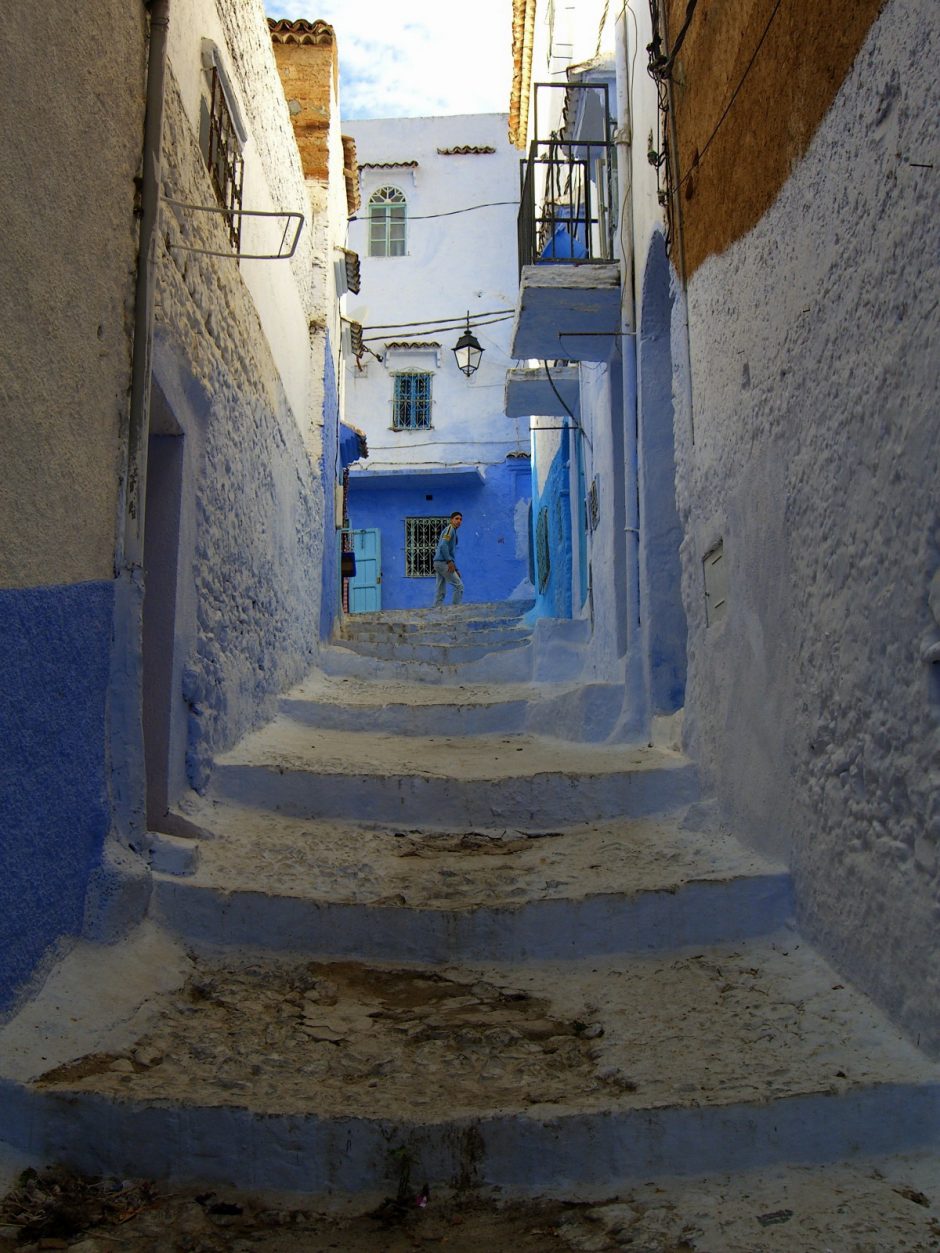Maroc, Asia Suler
See something nameless
comes riding
down the limestone
scarp and counterscarp
orange bougainvillea
blooms in rubber tread
There was once a word
for dust and lifting wind
and what comes knocking
comes right in
Sofía in a concrete room
nine-hundred tortillas
and a fluid-filled lung
corrugated tin
A word meaning
assent and what
can you endure
axles and a season of drought
it comes, Sofía
it reaches you moaning
Sí the helpless syllable
the driest breath in any language
the pickup pulls up
door loose on its latch
oh niña, hondureña
if you know how to shout it
or even speak
the word for no is no.
There are seconds before and seconds after
Sofía lifts her daughter into the truck
mute abandonment like a split hair
before
dead dog in the road and no sign of rain
wake up mother child wake up
the sun is rising and the wind comes
The circumstances of my own birth: not the back seat of a Toyota, but almost. I don’t know whether it was winter or spring that March, or the condition of the roads.
Some years later, my mother taught me to read the Tarot with a deck of playing cards. Tell it like a joke: the Queen of Spades walks into a bar, a one-eyed Jack on her arm. You can tell he will leave her by the way he looks. Askant.
Practice saying these sentences:
Please, waiter, I want two eggs and a cup of orange juice.
Where is the mercadito? Where is the school?
I have two children.
I have three children yesterday.
Asked if she could afford the electricity bills on a new stove, Sofía tells us sí. The interpreter translates this: no. She says yes, but—no. Mothers from La Cantera walk their children to school. Often they can afford to come back for them.
Niña, abandonada. Stands by the orange bougainvillea with a gold star on her page.
Niña, una espada negra. Take it. Meet me at the border.
I will be the woman with the deck of dog-eared cards.
I will be the woman wearing sadness like a too-tight shoe.
The circumstances of her birth: I am told her first sound was a glad gurgle.
Does Sofía save her daughter
third of three and three years old
little fat hands thumb sucked shining
mother child child mother
now
and already she will not live forever
but how else this woodsmoke and white flour day
how else will there be time for reclamation
a card is missing from the deck
it is a black three
does Sofía save her daughter
or does little she, does the child—
And the wind comes. The gray ice moans against the Midwest bank. This is after and away, false spring wet as a birth canal. Doesn’t it just break your heart is what the missionary women had to say about Sofía.
I am acutely intact.
The summer my family qualified for food stamps, there was an overabundance of zucchini. My knowledge of rupture, therefore, is limited to the way wet earth responds to germination.
Furthermore, I have rarely said a goodbye that couldn’t take an until—
Still, I know a few things
about the heart.
One. It is not a china cup.
The major symptom of empathy: the urge to give away all but one’s sturdiest shoes.
Two— I don’t want to talk about this anymore.
I’m afraid of getting it wrong.
Three little three
asks an orange
from a vendedor
Sofía winds barbed wire
on a cardboard spool
If you forget every language but your own, gesture.
Make the signs
for circumstance
and aftermath
pregnancy
and the summer storm
that took a long time arriving
swept the hillsides down
Niña, la última
last-born borne away
no one comes after her
no surname no
address
Jamás the strongest word
for never.
About the Artist
Asia Suler, Vassar College
Asia Suler lives in Brooklyn, New York and writes for the online magazine A Green Beauty.

No Comments